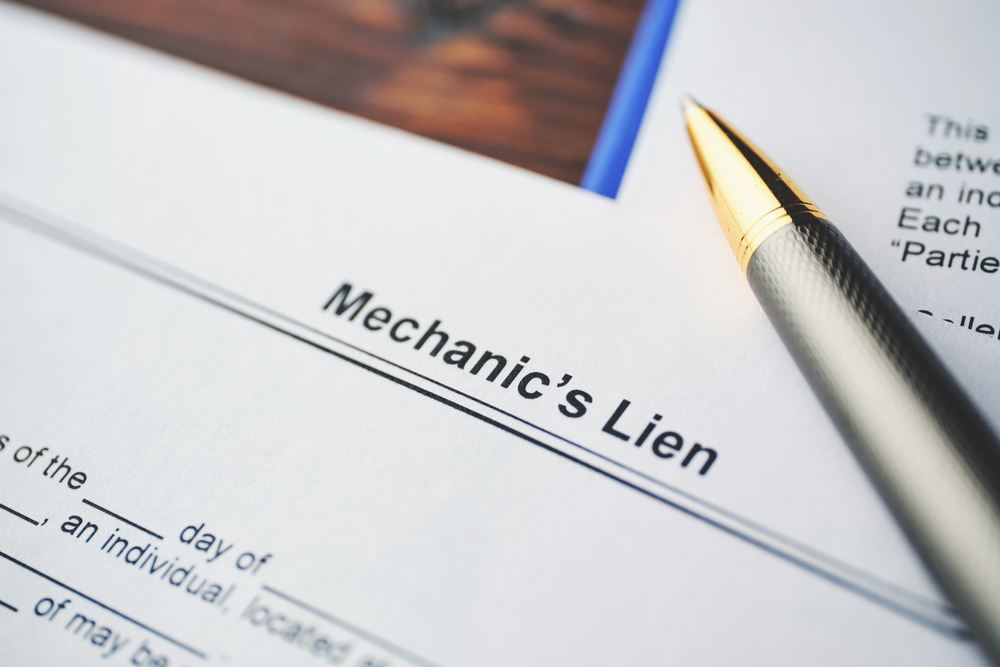
If you have received a notice that an EEOC (Equal Employment Opportunity Commission) Charge of Discrimination has been filed against your company by either a current or former employee, the following are tips on dealing with a Charge of Discrimination.
1. Don’t Panic. Although it’s called a “Charge of Discrimination,” the initial notification that a claim of discrimination has been made is just that – a claim by the employee. No investigation or finding of discrimination has yet been made by the EEOC. The “Charge” simply puts you on notice that an employee has filed a claim alleging discrimination and/or retaliation which the EEOC will investigate.
2. Don’t Ignore the Charge. You should immediately and thoroughly review the Charge. It contains important information and instructions that you should carefully read and follow. Note any deadlines to file a response to the Charge or provide requested documentation. Your response to the Charge is called a “Position Statement.” A Position Statement is your opportunity to tell your side of the story and correct any misstatements by the employee and defend the claims being asserted against your company.
3. Don’t Ignore Additional Requests for Information. After receipt of your Position Statement, it is not uncommon for the EEOC to request additional information. You may be asked for your policy on discrimination, employee handbook, personnel information or even employee files. If you don’t supply the information requested, the EEOC will issue an administrative subpoena for the documents.
4. Ask for Additional Time to Gather Any Documents Requested. If it appears complying with an EEOC request will be difficult or impossible, request additional time in writing. It is best to ask well before your deadline to respond.
5. The EEOC’s Investigation. After receiving your Position Statement and relevant documents, the EEOC may conclude there was no finding of discrimination and close its file. However, If the EEOC determines that discrimination may have occurred, its investigation will continue. The EEOC may request an on-site visit, interview witnesses or ask for additional documentation.
6. Take Advantage of Mediation If It Is Offered. Some, but not all, Charges will be eligible for mediation. Take this opportunity to try to resolve the claim. If the case is voluntarily settled, the EEOC will close its file. However, the EEOC may place certain requirements of its own in the settlement such as employer training on discrimination and/or setting up anti-discrimination policies.
7. Propose A Settlement to The Charging Party. Even without mediation, you can propose and negotiate a settlement to the Charging Party at any time. The EEOC will take part in this settlement proceeding. Additional terms and conditions not required by EEOC may be set forth in a separate settlement agreement (which will not include the EEOC) if the Parties desire additional terms and conditions be included such as non-disparagement or other terms important to the Parties, but not necessarily important to the EEOC.
8. If You Can’t Resolve the Issue. If you are unable to resolve the Charge issues, the EEOC will continue its investigation and either issue a finding of discrimination (a “for-cause” finding) or may find it is unable to determine if discrimination occurred.
9. Bringing Suit Against the Employer. If the EEOC is unable to determine that discrimination occurred, it will issue a Right to Sue letter which gives the employee the right to file a civil suit in federal court against the employer within 90 days. If the EEOC concludes there is reasonable cause to believe that discrimination may have occurred the EEOC may file suit against the employer.
10. You Have the Right To Hire An Attorney. Retaining an experienced attorney WHEN YOU FIRST RECEIVE A CHARGE OF DISCRIMINATION can be your best decision in order to secure a positive outcome for your company when you are faced with a Charge of Discrimination.
If you have a related legal matter and would like to find out how The Cromeens Law Firm, PLLC, can assist you, contact us today.
This article is intended as a general educational overview of the subject matter and is not intended to be a comprehensive survey of recent jurisprudence, nor a substitute for legal advice for a specific legal matter. If you have a legal issue, please consult an attorney.
Karalynn Cromeens is the Owner and Managing Partner of The Cromeens Law Firm, PLLC, with over 17 years of experience in construction, real estate, and business law. A published author and passionate advocate for contractors, she has dedicated her career to protecting the businesses her clients have built. Karalynn is on a mission to educate subcontractors on their legal rights, which inspired her books Quit Getting Screwed and Quit Getting Stiffed, as well as her podcast and The Subcontractor Institute.

